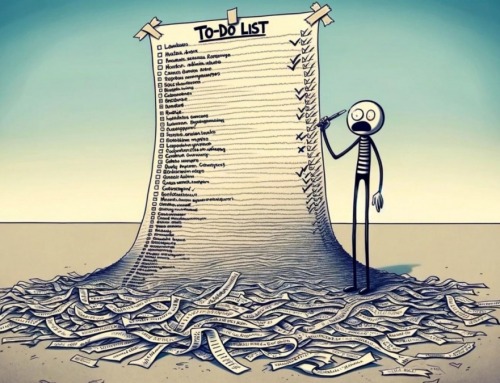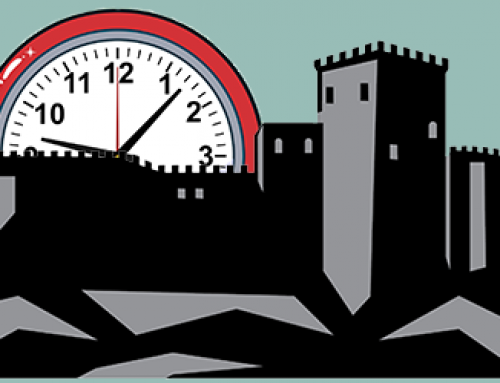How to use the Five WhysKids ask a lot of questions, am I right? In fact, studies have shown that kids ask more than 300 questions a day! Here’s just a sample of questions, all asked at the breakfast table, all before 9:00 am (this is the truth!): |
|
| Why do people need to sleep? Why is it called cinnamon toast crunch? Why does paper break when it gets wet? Why doesn’t plastic break when it gets wet? Why doesn’t metal break when it gets wet? Why is this blanket pretty big? Why does it have letters on it? Why is this song so long? Why are blossoms white? What does this say? Do you want to turn 10 billion? |
What did that say? Why did it say it twice? Why are those letters pink? Why does my milk disappear when I stir my oatmeal? Why do I throw away this spoon but not that one? They are both made of plastic… Why is your bowl so big? Why is the skeleton inside my body called bones? How are icicles made? |
How many questions have you asked today?Here’s an even bigger truth: kids should be encouraged to ask more questions—not fewer! This is how children learn. Without questions, learning slows. Asking yourself lots of questions is how you find clarity with your goals. If you can increase your clarity you can increase your achievement. You generate clarity by asking questions, researching, trying new things, sorting through opportunities, and discovering what is right for you. Having specific and difficult goals increases performance. |
|
Why ask why?Asking “Why?” may be a favorite technique of a 3-year-old child in driving you crazy, but it could also teach you a valuable lesson about your goals. In fact, the Five Whys (asking yourself why five times) is an effective technique that helps you drill down on your goals to gain clarity and focus—after all, you don’t want to commit to all that work just to find out that you achieved the wrong goal! Sometimes you might choose goals because other people, like family and friends, think you should. The Five Whys will help ensure you have very clear reasons why you chose them. Have you been influenced by others, and ignored what means the most to you? The Five Whys are really very simple: once you’ve written down your goals, go back over your list, one item at a time and ask yourself: “Why do I really want this?” When you think of an answer, ask yourself the question again. You should ask yourself this question at least five times or until you absolutely can’t come up with another answer. When you’ve reached this point, ask yourself:“Is the original wording of this goal the best way to capture the essence of what I actually want?” |
Goal: “I want to lose weight”1. Why do I want to lose weight? Suddenly, this weight loss goal |
| The point of this step is to help you question your assumptions and focus on the true intent of each of your goals instead of getting caught up in arbitrary specifics or social conditioning. Once you know the root of your desires, you can go about pursuing them in a more effective manner.
For example, many people have the goal of earning an arbitrary large sum of money. (Let’s say $10 million.) After asking themselves why, they often find that it’s freedom or security they really want, and they don’t need-need $10 million to achieve their true objective, making their desire attainable in a much shorter period of time. A better goal might be to find a reliable way to earn enough income to meet their financial needs using a minimum of time and energy, thereby giving themselves the freedom to invest their time as they see fit. Use the five whys to uncover your real intentYou don’t necessarily change your goals as a result of the Five Whys technique, but you will be able to more effectively communicate intent. When everyone understands why achieving certain objectives is important, engagement is increased and better decision making is possible. The process also reveals the consequence of failure to meet the goal. The specific way you describe your goals to yourself is going to make a big difference in how successful you are when pursuing your goals. By asking yourself the Five Whys, you’ll have a better idea of the kinds of actions you need to take to actually get to those goals. |
|






